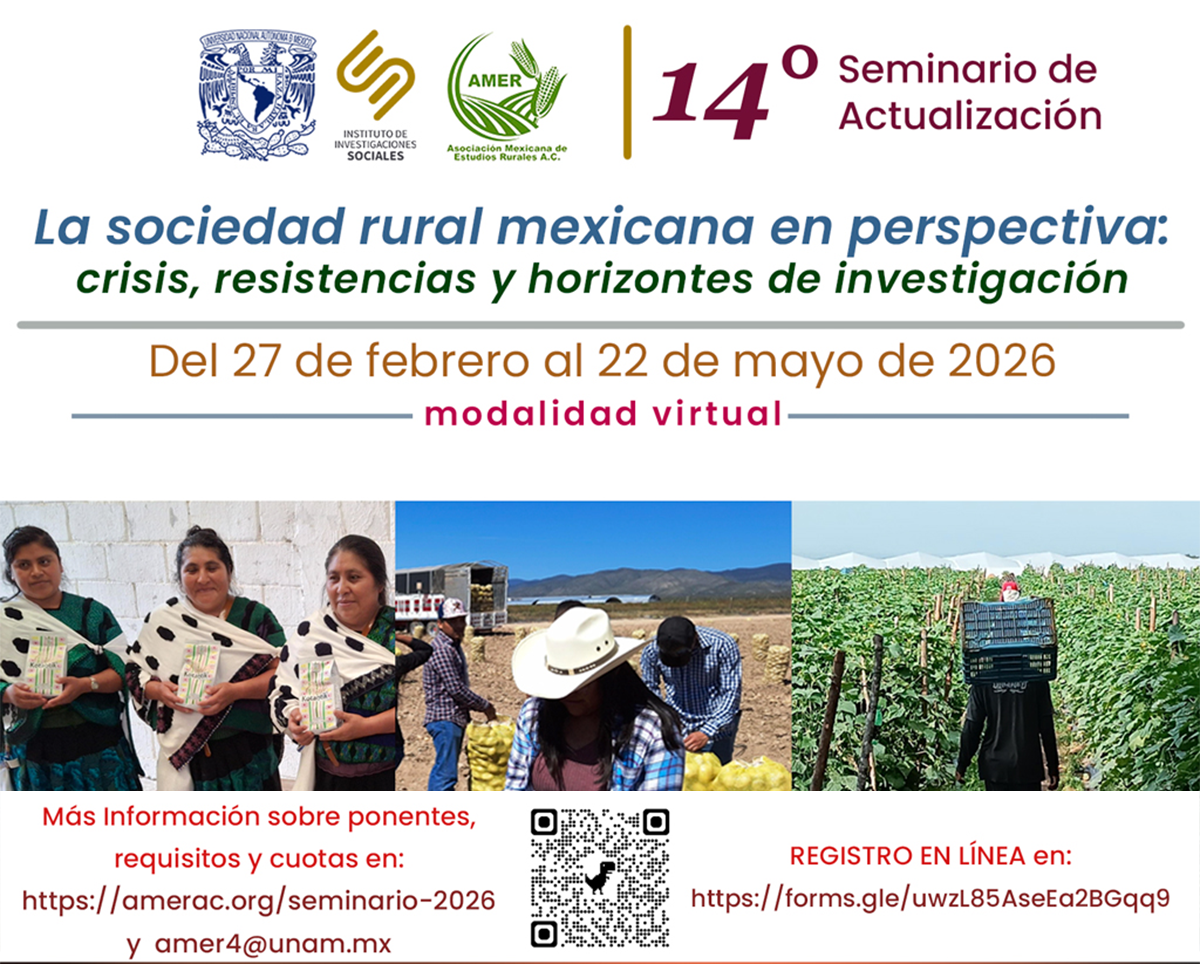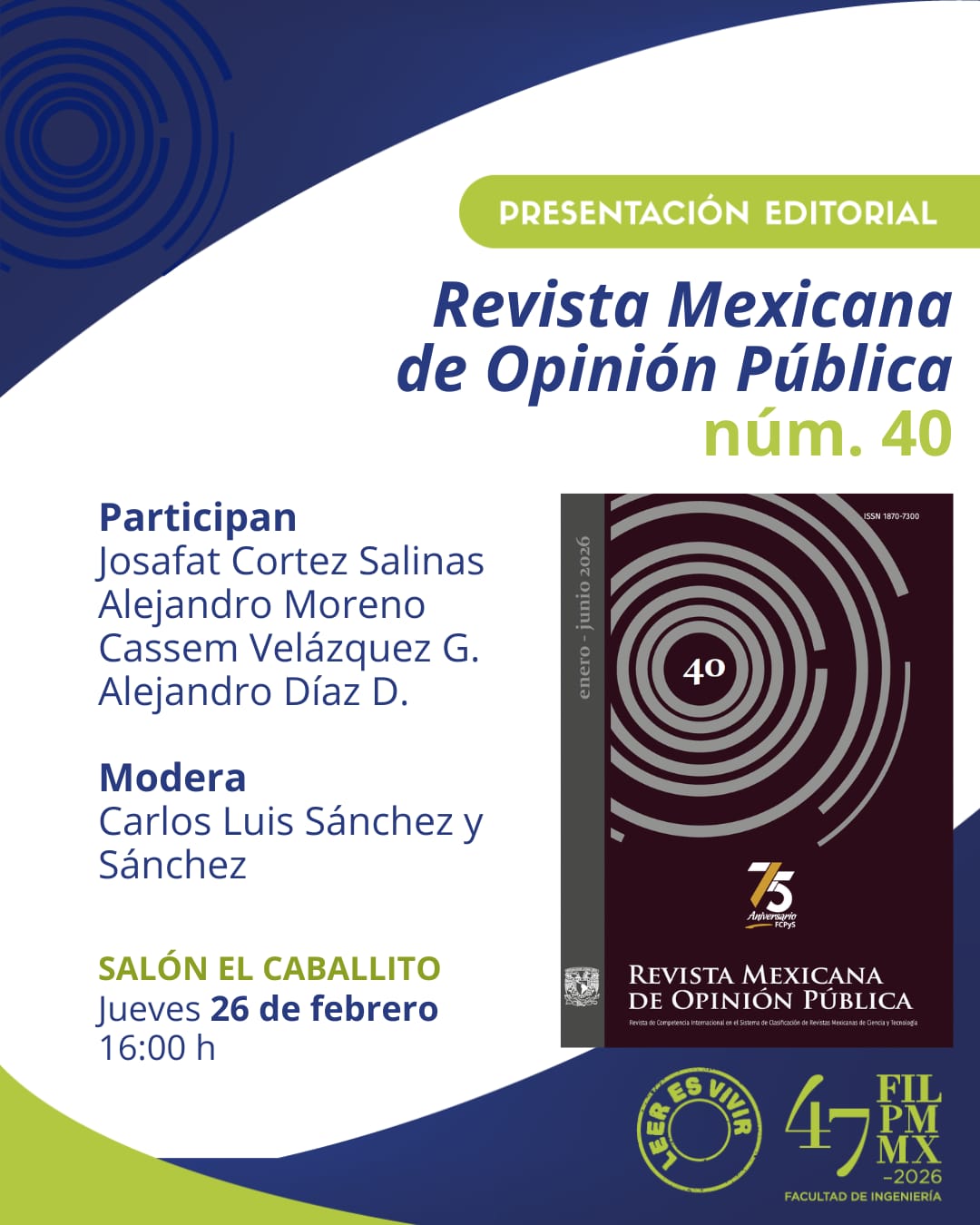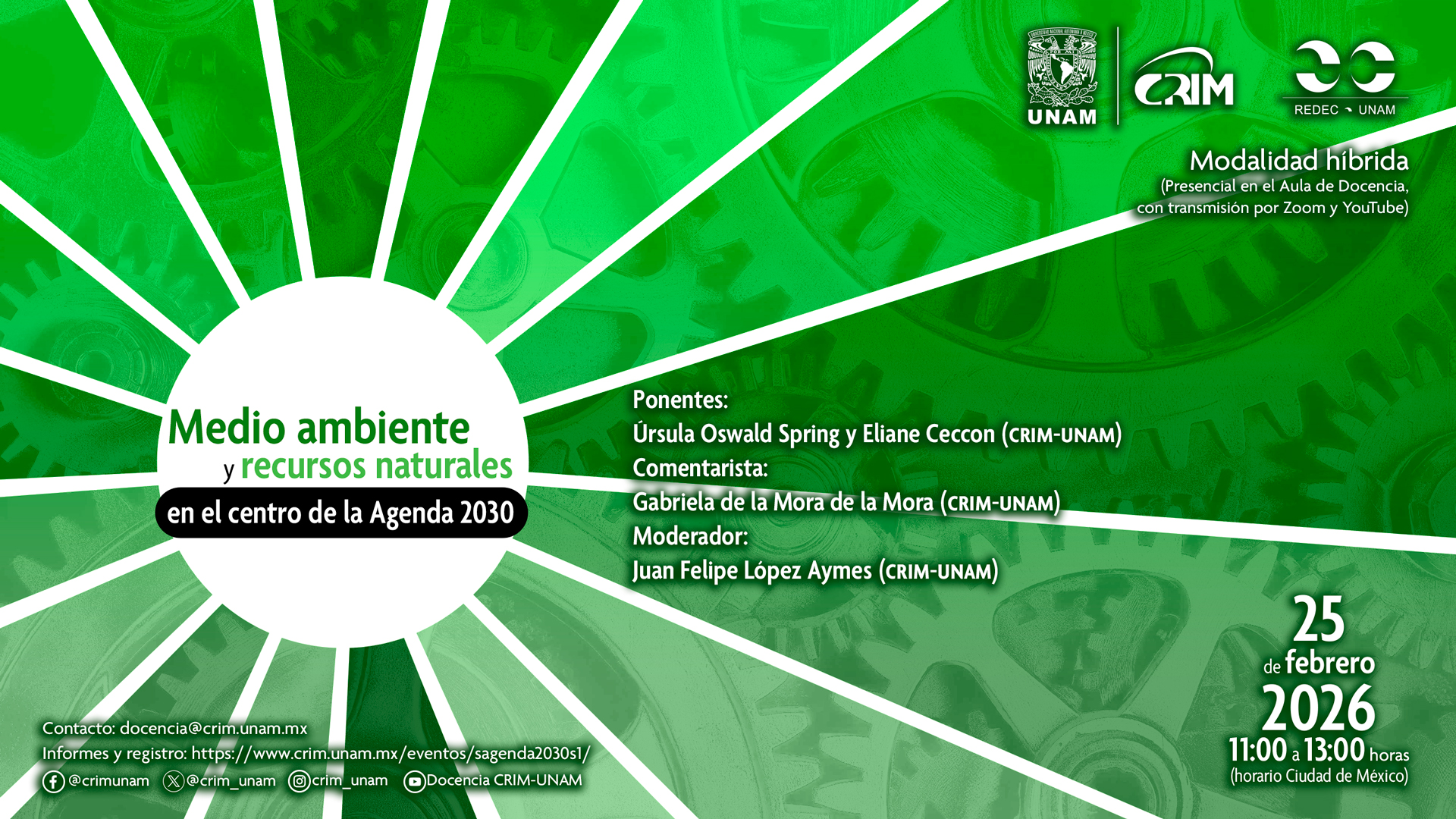Interface volume 12, issue 2, 2019
Interface
A journal for and about social movements
Open issue
Laurence Cox
Like many radical spaces around the planet, Interface has struggled in the coronavirus pandemic. It is fundamentally a volunteer project depending on the time and energy of a changing mix of people whose lives have been in some cases hugely disrupted over the past year, like so many people around the world. As activists and/or as academics, we have struggled in solidarity with our movements, people immediately in need, students and others who have had first call on our time. Many editors have had to step back temporarily from the project for the duration of the crisis in order to attend to these things, or have not been able to do as much as they had hoped.
In early 2020, Lesley Wood, Sutapa Chattopadhyay and I put out a call for stories of movement struggles around the world in Covid-19. We published those accounts week-to-week and then brought them together in an extraordinary special edition in July. Since that point, many other movement journals have started to publish comparable collections, and movements have moved on once again. This issue reflects that change: with many other spaces to publish in, both activist and academic, it is marked particularly by longer and less immediate pieces.
They are none the less important for that: despite much rhetoric, there will be no “building back better” unless movements are able to win their struggles; and the bigger challenges, whether marked by the sidelining of the extraordinary
popular uprisings in the US in favour of a new statist centrism or by a new wave of repression in Hong Kong, by the continued ecological crisis or femicidal violence across the planet, call for much greater dialogue and learning between movements “from below and on the left”.
In this issue
As Tomás MacSheoin’s recent overview of “international” social movement journals noted, Interface has always been less confined to the global North than most, while still having far to go. A key principle for our work is to have regional editors and editorial collectives, so that what is relevant, and how movements can be thought about, is not something decided by a purely metropolitan editorial board.
If we genuinely want to learn from each other’s struggles, that cannot mean (as so often) projecting the interests and concerns of a US-based (or UK-based, or West European) understanding onto the wider world and selecting the movements that fit into that narrative: it has to mean creating space for the many worlds of our movements to speak, and to listen to each other directly.
This issue’s table of contents underlines this: its 18 pieces (9 articles, 8 reviews and a call for papers) cover movements in Brazil (twice), Canada, Ghana, India (twice), Japan, Mexico (twice), South Africa, Spain, the UK, the US, the Americas and globally (and appear in English, French and Spanish).
It starts with Kyoko Tominaga’s exploration of the “protest journeys” that global justice movement participants make in constructing their activist identities.
Exploring Japanese activists’ narratives, she shows how these individual journeys connect them to movements’ collective identities. Márcio Bustamante and Bruno M Fiuza’s oral history work on Peoples’ Global Action discusses the decline of autonomist political culture in 20th century Brazil. They show how PGA activists contributed to its renewal and re-emergence on a large scale in the early 21st century.
Jonathan Langdon, Kofi Larweh and Wilna Quarmyne present a five-year participatory action research study of the Ada Songor Advocacy Forum in Ghana. They explore how participants learned “in, through and to” struggles over communal access to West Africa’s largest salt flat.
Régis Coursin’s French-language article explores local resistance to the 2018 Charlevoix (Québec) G7 summit. Besides the activism of organised urban groups, the multiple infrapolitical responses of local groups highlight the complexities and ambiguities of subaltern politics. Björn Herold and Margaux DeBarros discuss “Reclaim the City” in Cape Town (South Africa), looking at one of its major occupations. They argue that the intense challenges of everyday life in a large-scale squat can paradoxically lead to individual withdrawal and a general shift away from external political engagement.
Ryan A. Knight’s essay starts from the contrast between Indigenous forms of community self-organisation and political parties in Oaxaca (Mexico). He argues that the disruption of the PRI’s hegemony has led to new forms of clientelism, with party-political pluralism and the politics of recognition channelling demands through the state and once again undermining Indigenous forms of politics. Mark Purcell explores the relationship between an autonomist project of democracy and the 15M movement in Spain[1]. The article explores the 15M’s multiple and conflicting desires around power and how they can contribute to the long-term process of practicing democracy.
Pearly Wong uses the framework of “progressive contextualization” to examine how environmental justice movements connect local problems to challenging wider power structures. Looking at the Narmada anti-dam movement and Brazilian rubber tappers, she shows how this frame may help movements reflect constructively on their own practice. Phil Hedges’ research note discusses teach-outs organised by British academics on strike in 2020, developing a content analysis to see what trade unionists teach when they are free to do so.
Book reviews
Lastly, we have a wealth of reviews of new books about a wide range of social movement struggles.
Alex Khasnabish reviews Daniel Sonabend’s We Fight Fascists: The 43 Group and Their Forgotten Battle for Post-war Britain. Susana Draper’s 1968 Mexico: Constellations of Freedom and Democracy is reviewed by Plácido Muñoz Morán.
Evangelos Chrysagis reviews Amber Day’s collection DIY Utopia: Cultural Imagination and the Remaking of the Possible. Isabel Wilkerson’s Caste: The Origins of our Discontents is reviewed by Isaac Oommen Brian Whitener’s Crisis Cultures: The Rise of Finance in Mexico and Brazil is reviewed by Mathias Sosnowski Krabbe. Jay Arena reviews Touré Reed’s Toward Freedom: The Case against Race Reductionism.
Tomás Mac Sheoin reviews Stefan Berger and Holger Nehring’s edited The History of Social Movements in Global Perspective: A Survey. Miguel A. Martinez’ Squatters in the Capitalist City: Housing, Justice, and Urban Politics is reviewed by Ben Duke.
Writing for Interface
A call for papers for future issues of Interface follows. Interface seeks to share learning between different social movement struggles and movements in different places and to develop dialogue between activist and academic understandings and between different political and intellectual traditions. That means we publish pieces by activist thinkers as well as academic researchers (and many people who are both), and in many different formats. If you’d like to write for us, please start by getting in touch with your local editors, whether your piece is an academic one or an activist one.
Interface doesn’t have a “line” – or rather, the line is that we want to hear from movement participants who are thinking about strategy, tactics, movement theory, history etc., and from researchers on movements who are committed to working with activists rather than for purely academic goals. It is movements “from below” – movements of the poor, the powerless and those at the bottom of cultural hierarchies – who most need this reflection. Conversely we are opposed to racism, fascism, casteism, and religious fundamentalism. This dialogue and audience should also shape writing for Interface.
Please, please don’t write us pieces aimed at convincing a general public to support your cause! Most of our readers are already very heavily engaged in their own movements: if you have a good piece for a general public, why not publish it somewhere that public will actually see it? Similarly, please don’t send us pieces which are all about the theoretical analysis of social structures, economics, culture, biopolitics or whatever. Again, Interface readers do get it: but what they are interested in is what people actually do to resist and / or change these structures, what happens when they resist and how they can struggle better. Lastly, some academic and political styles of writing are all about showing that you’re part of the in-group: using a vocabulary that people in other movements /traditions/disciplines can’t make sense of is fine if you’re writing for that kind of journal, but it isn’t Interface.
What do we want? Clearly-written pieces that don’t assume your readers know your country / movement / academic discipline / theoretical tradition but focus on what readers can learn from the movement you’re writing about, including from its mistakes, dilemmas, challenges and conflicts. Something you would find interesting and useful if you were reading it about a different movement, in a different country! Have a look at our past issues to get a better sense of who our readers and writers are – and try writing for them. Our guidelines for contributors and “About Interface” pages have more details.
Call for papers
Our next issue (November / December 2021) will be on the theme of “Rising up against institutional racism in the Americas and beyond”, with guest editor Layla Vincent-Brown and Interface editors Elisabet Rasch and Heike Schaumberg. Please read the full call for papers (in Spanish as well as English) – and circulate it to people you feel may be interested in contributing, as activists, researchers or both!
As always, contributions on other themes are also welcome.
Interface editors – leaving, arriving, needed!
With this issue we welcome Farhang Morady and Dounya Salehi as editors of our new Middle East, Central Asia and North Africa group, while Manuel Mireanu will be joining our Central and Eastern Europe group.
We also say farewell to Sara Motta and Melanie Kryst. Our thanks go out to them for all the work they’ve done over the years in developing the journal, keeping it going in hard times and making connections with new generations of activists and movements.
We’re also looking for a new editor with IT skills to join the IT / website working group. Like all our editorial work, this is voluntary and collective. If you’re interested in helping make radical media, please contact Laurence Cox at laurence.cox AT mu.ie.
[1] I wish to apologise to Prof Purcell for the late publication of his article, scheduled for publication in Interface vol 12 issue 1 and left out by accident during the pandemic.
Te puede interesar
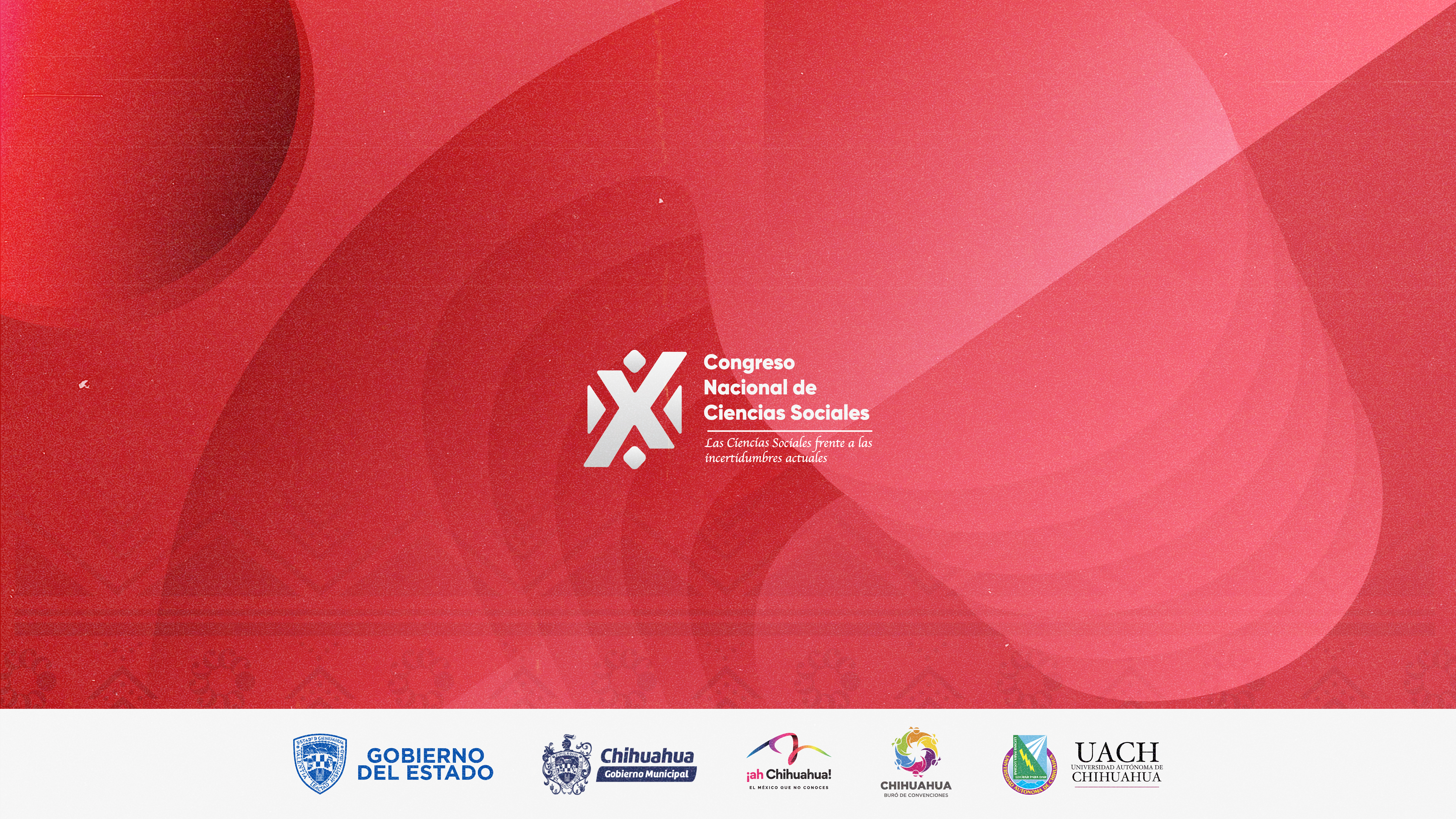
Convocatoria Feria del libro
Laura Gutiérrez - Feb 18, 2026FERIA DEL LIBRO X CONGRESO NACIONAL DE CIENCIAS SOCIALES “Las Ciencias Sociales frente a las incertidumbres actuales” INVITACIÓN Información general…

Hoteles con convenio | X Congreso Nacional de Ciencias Sociales
Laura Gutiérrez - Ene 28, 2026X Congreso Nacional de Ciencias Sociales Las Ciencias Sociales frente a las incertidumbres actuales del 23 al 27 de marzo…

Memorias del IX Congreso Nacional de Ciencias Sociales
Roberto Holguín Carrillo - Jul 02, 2025IX Congreso Nacional de Ciencias Sociales Las ciencias sociales y los retos para la democracia mexicana. Realizado en el Instituto…

Curso Filosofías y Religiones de Asia
Laura Gutiérrez - Feb 20, 2026Universidad Nacional Autónoma de México, Programa Universitario de Estudios sobre Asia, África y Oceanía Curso Filosofías y Religiones de Asia:…

Información turística | X Congreso Nacional de Ciencias Sociales
Laura Gutiérrez - Feb 20, 2026Restaurantes Cafetería de conta PV45+F7, Campus Uach II, 31125 Chihuahua, Chih. Corinto Café C. Colegio San Marco 1828, Misión Universidad…
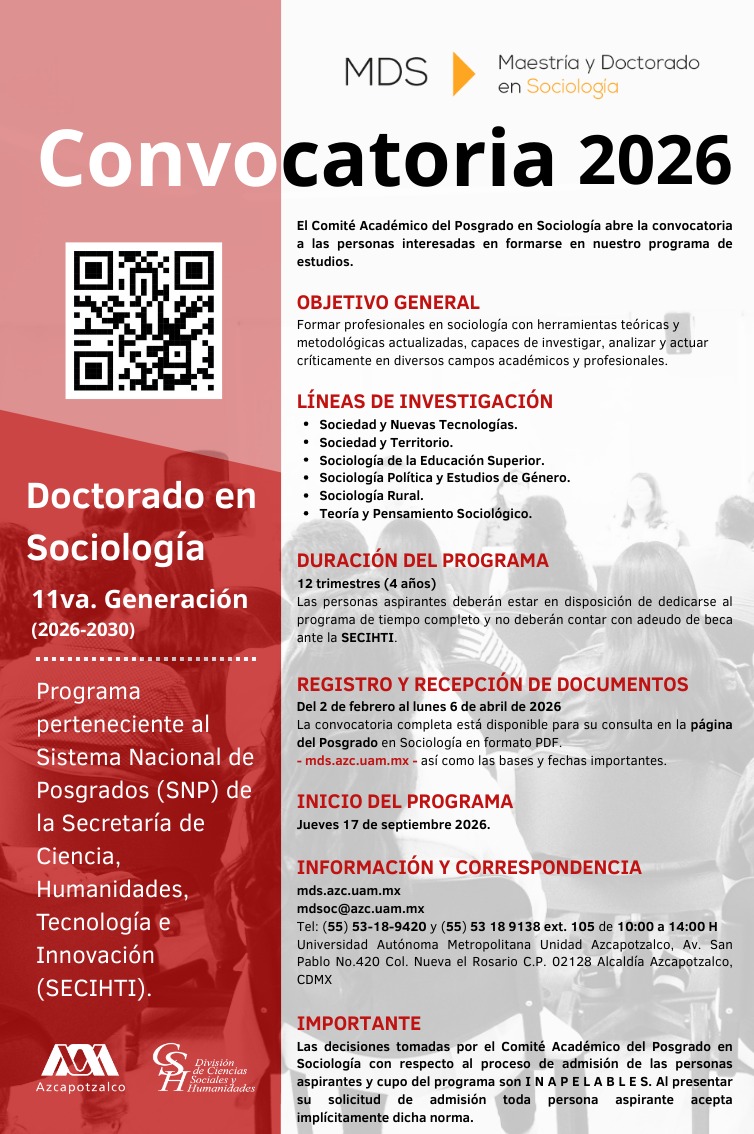
Doctorado en Sociología
Laura Gutiérrez - Feb 20, 2026Universidad Autónoma Metropolitana División de Ciencias Sociales y Humanidades Doctorado en Sociología Convocatoria 2026 11va. Generación (2026-2030) El Comité Académico…






